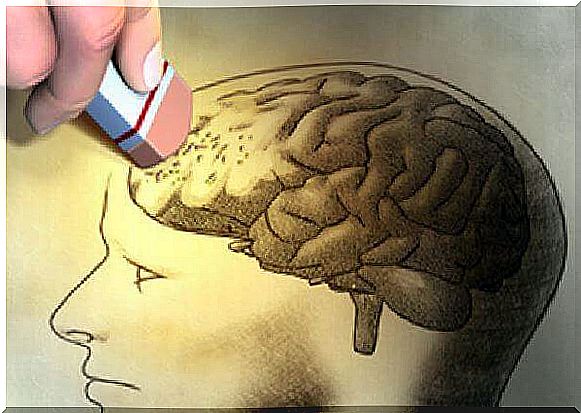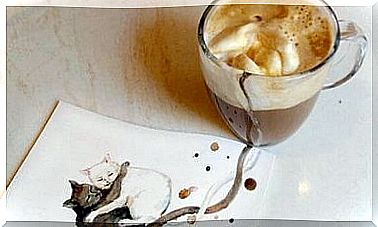What Are The Effects Of Sport On The Brain?

Sport is good for health, it helps us stay fit, protect us from many diseases, improve our immune system, etc. In this sense, sport is one of our best allies to lead a healthy life and allow our body to function at its best.
The brain is among the organs that most benefit from physical activity. To reach this conclusion, numerous studies have been conducted on sport and its link with brain activity. In addition, other research has delved into this relationship in detail.
Today we will talk about some of these studies that have shown the positive influence of physical exercise on different cognitive processes.
1. Aerobic activity to improve attention
A group of researchers from the University of Granada, led by Dr. Luque-Casado, compared two groups of young adults during a 60-minute psychomotor cognitive vigilance activity. The first group consisted of individuals who regularly practiced physical activity, the other of people who led a sedentary lifestyle.
The electrophysiological activity of the participants was recorded. It was observed that those who practiced physical activity regularly maintained a greater amplitude regarding the potential P3, associated with the ability to focus attention efficiently during the assigned task, compared to individuals who had a sedentary lifestyle.
Attention is a high-level cognitive function and is involved in all cognitive processes. The results suggest that those who practice sports have a bidirectional functioning between the central and autonomic nervous system, that is, between the brain and the heart, more efficient.
2. To recover cognitive functions after a stroke
Systematic research published in the Spanish journal Revista de Neurología investigated the relationship between physical activity and the recovery of impaired cognitive functions following a stroke. Strength / endurance training would appear to improve cognitive function in general to a greater extent.
In this sense, sport constitutes a promising therapy for people who have had a stroke not only as regards the recovery of motor function, as we would expect, but also from a cognitive point of view.
3. As a prevention against dementia

Dr. Franco-Martínez conducted a study to understand what is the effect of physical activity on cognitive function in elderly subjects, both healthy and with cognitive impairment. In both cases he found an improvement, or a lesser degree of cognitive impairment.
Physical activity is a promising psychosocial strategy for adults and the elderly with or without symptoms of cognitive impairment. Based on these results, the scientific journal BMC Psychiatry revealed that an active life can be a form of prevention against cognitive impairment and in some cases even with better results than a concrete intervention.
The data shows that an active lifestyle makes a difference, as does the intensity and variety of physical activities, as well as the intrinsic motivation and pleasure that comes from playing sports. Physical activity affects cognitive function, vascular health and brain metabolism
4. Sport fights migraines and tension-type headaches
A study published in the Revista de Neurología , already cited above, conducted by Dr Gil-Martínez, analyzed previous research that investigated the link between physical activity and the reduction of migraines and headaches in people who lead an active lifestyle . The conclusion is that therapeutic exercise reduces the intensity and frequency of headaches to a greater extent than if you have a sedentary lifestyle.
The qualitative analysis demonstrates the absence of side effects or adverse effects related to physical activity compared to taking drugs.
The efficacy of physiotherapy treatment, including therapeutic exercise, in reducing the intensity, frequency and duration of pain in tension-type headaches has also been demonstrated.
5. Sport helps you to memorize better
At the Donders Institute for Brain Cognition and Behavior at the University of Radboud, the Netherlands, a study was carried out in order to discover the effect of physical activity after a memorization activity. The study was attended by 72 subjects who studied the position of 90 drawings for 40 minutes. The participants were then divided into three groups.
The members of the first group engaged in physical activity immediately after the memorization activity, the members of the second group, 4 hours later, and those of the third group did not perform any physical activity. 48 hours later, the subjects underwent a test to see what they remembered about the memorization activity. During the test, they were given an MRI.

The results revealed that the subjects in the group who had exercised 4 hours after the memorization activity remembered the information better than the other two groups. Each time the subject gave a correct answer, MRI scans showed more precise representations in the hippocampus, the brain area linked to learning and memory.









